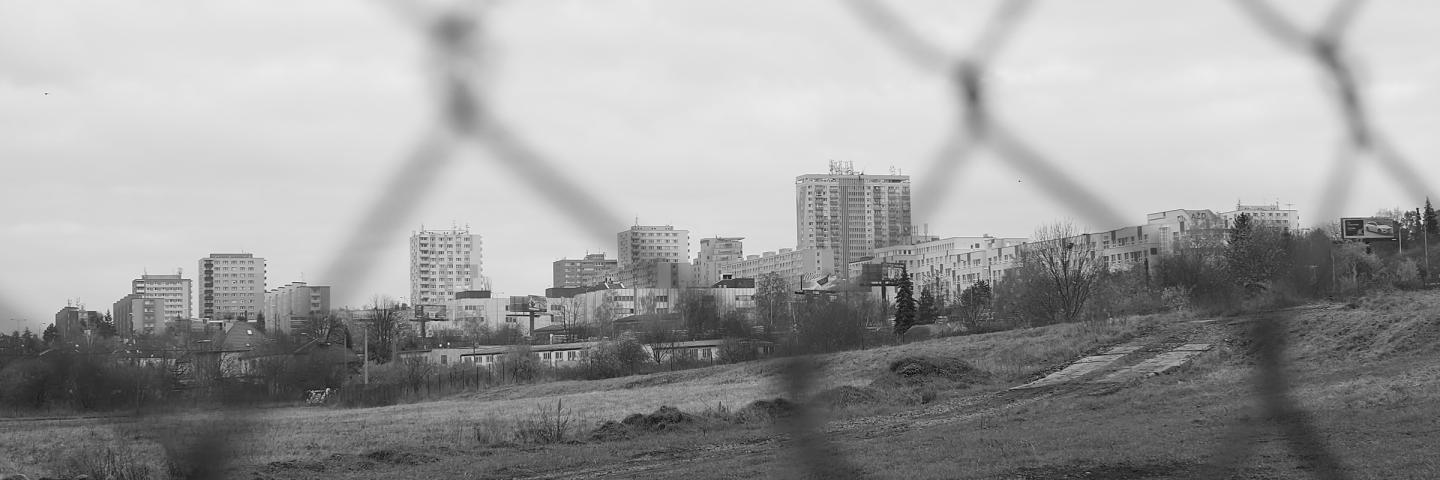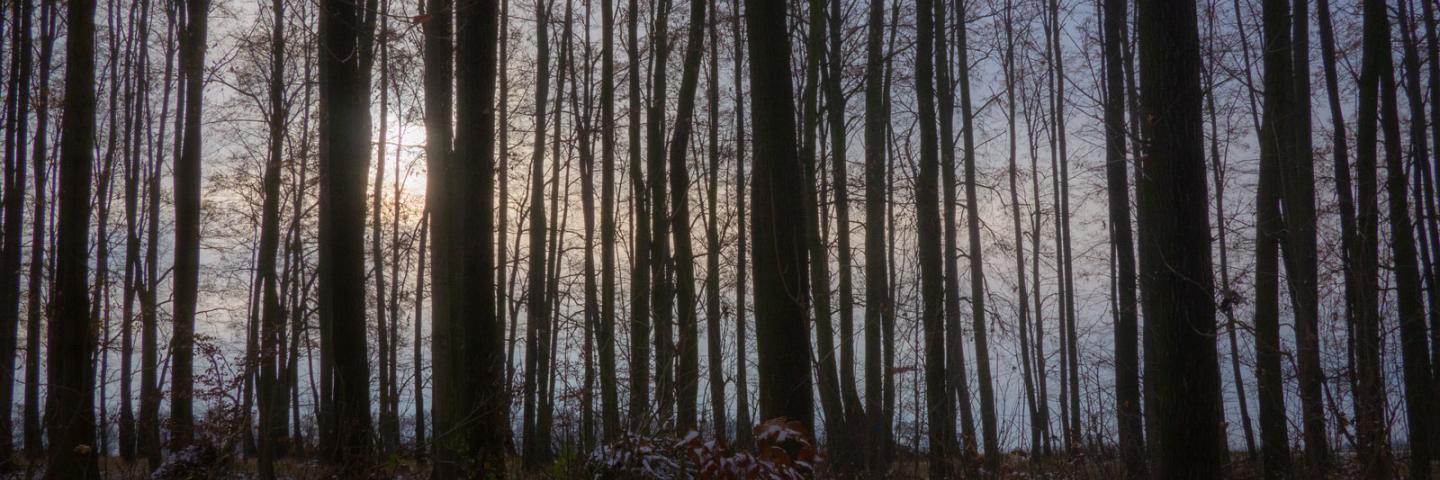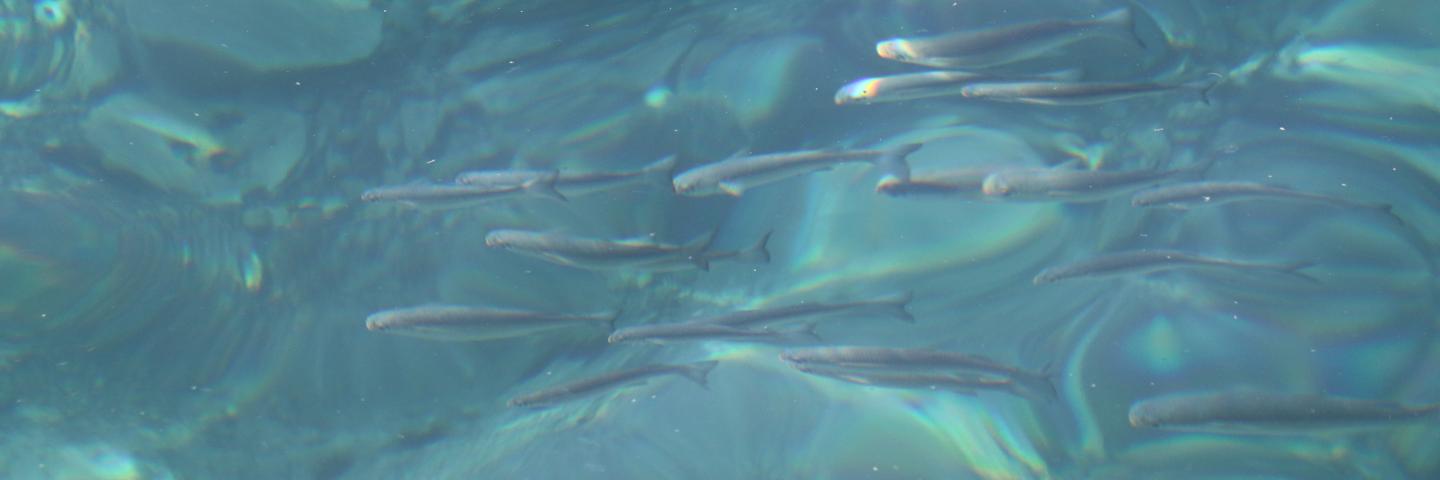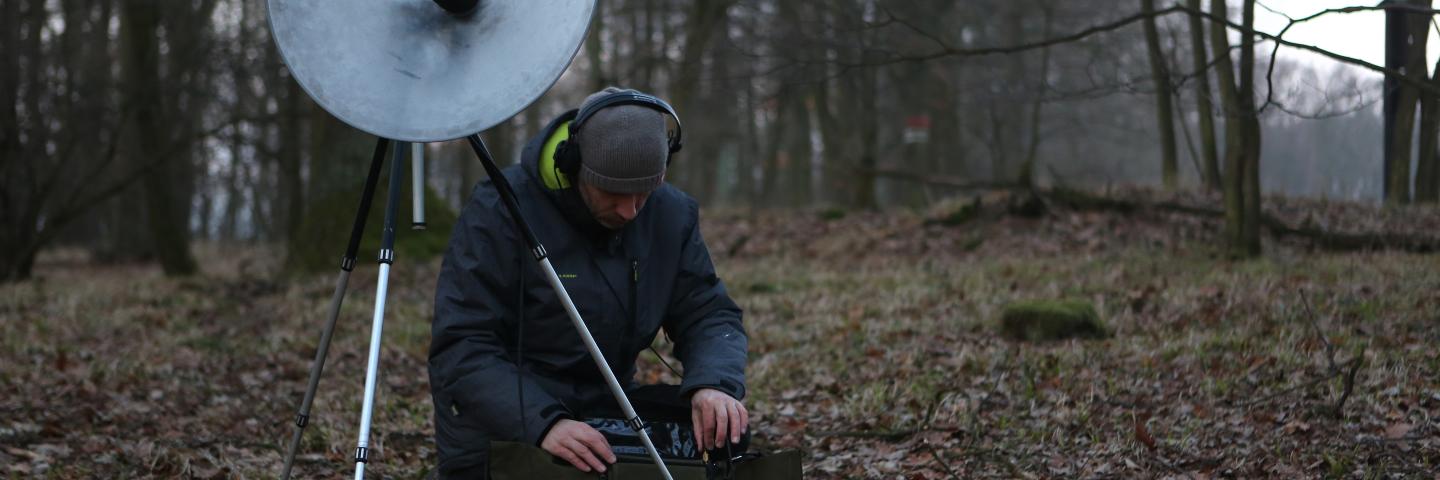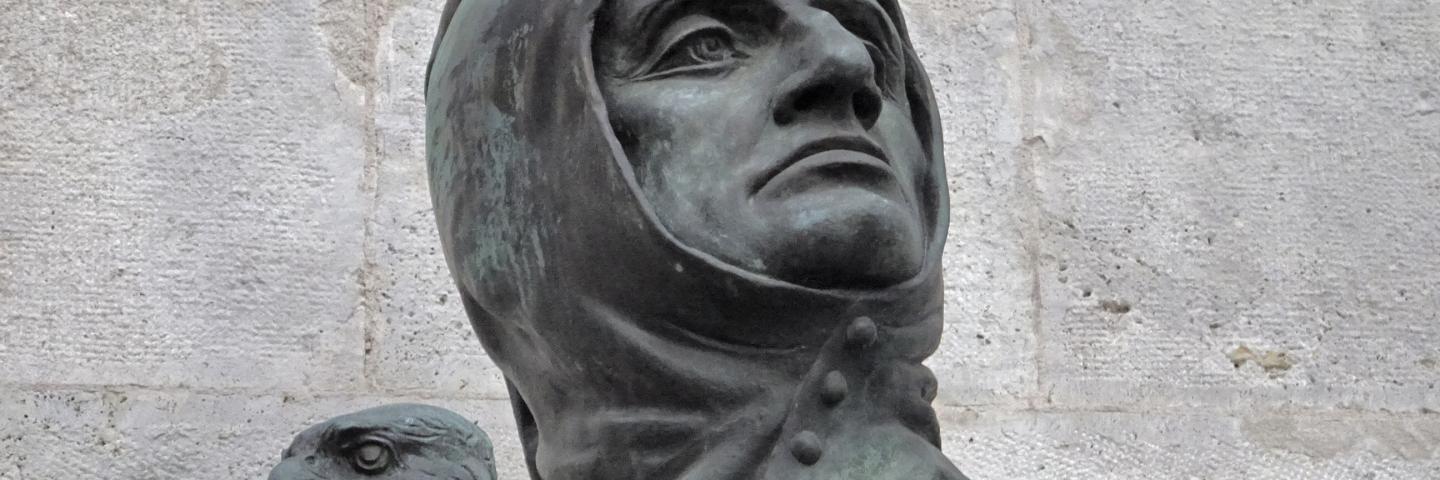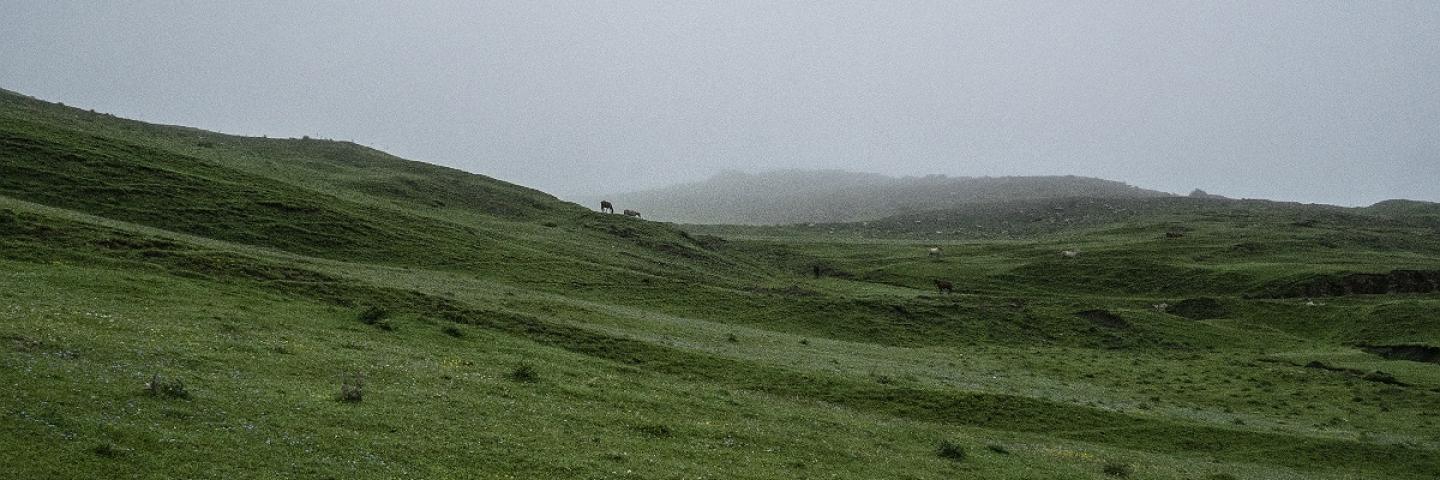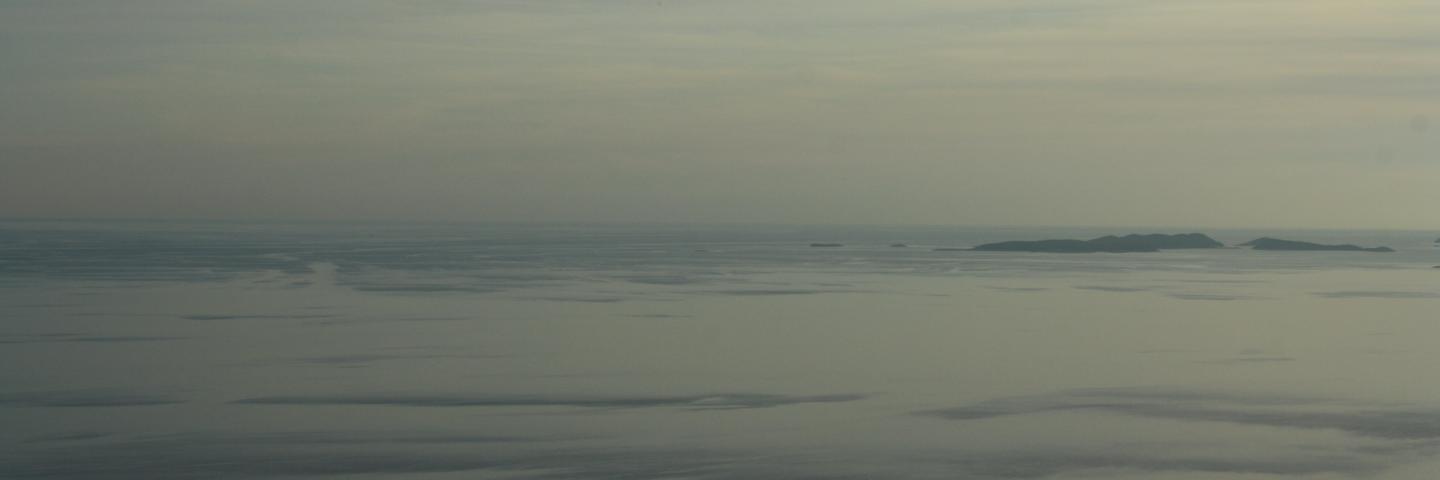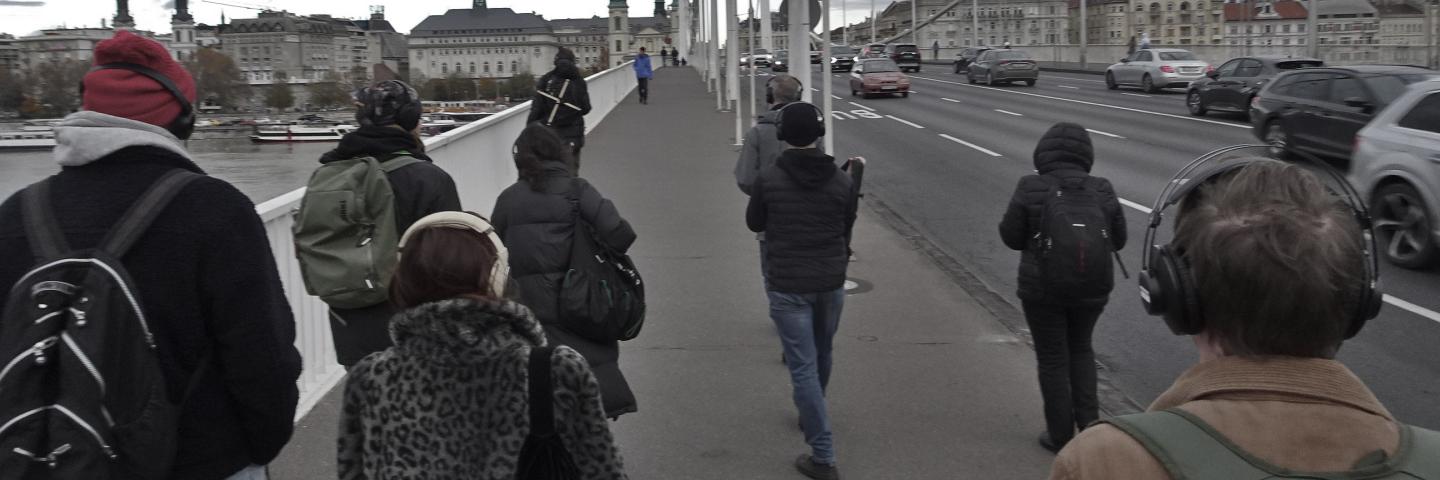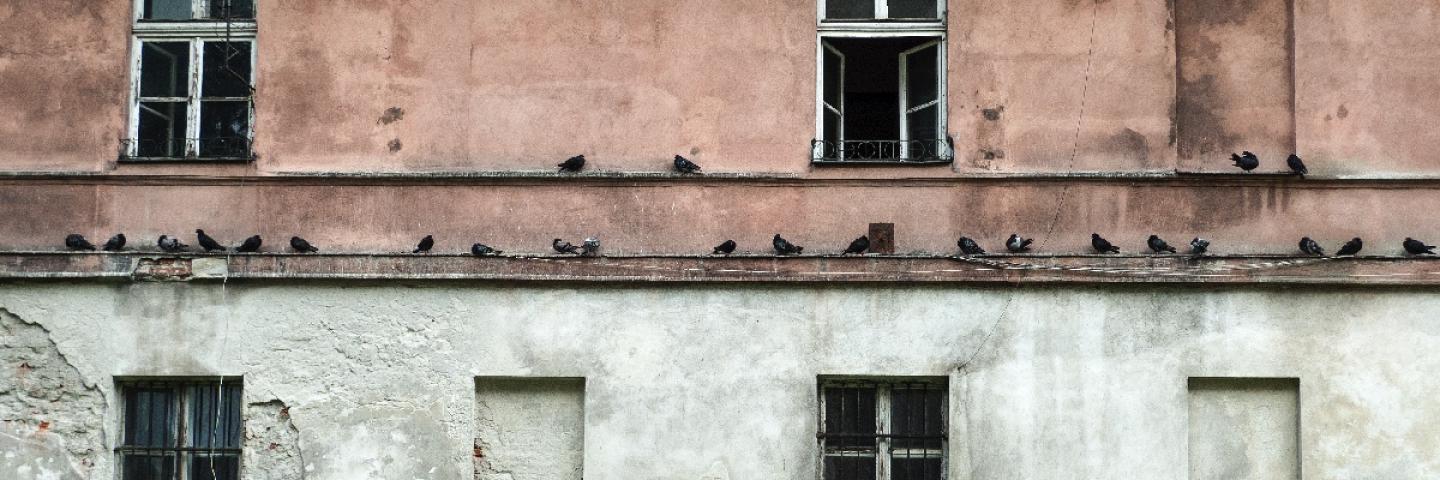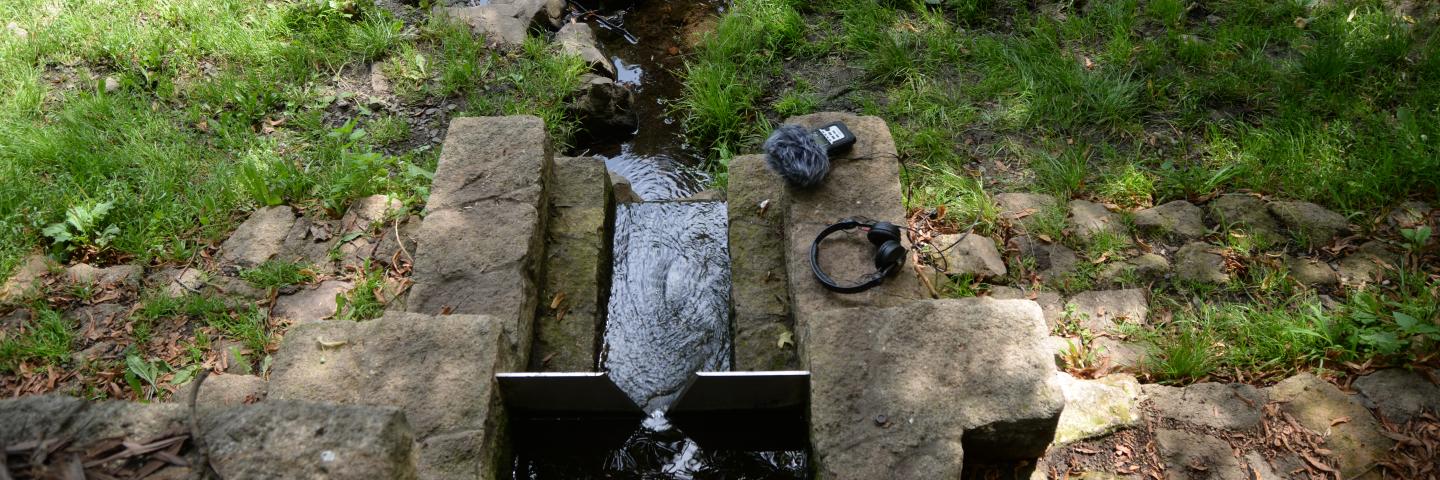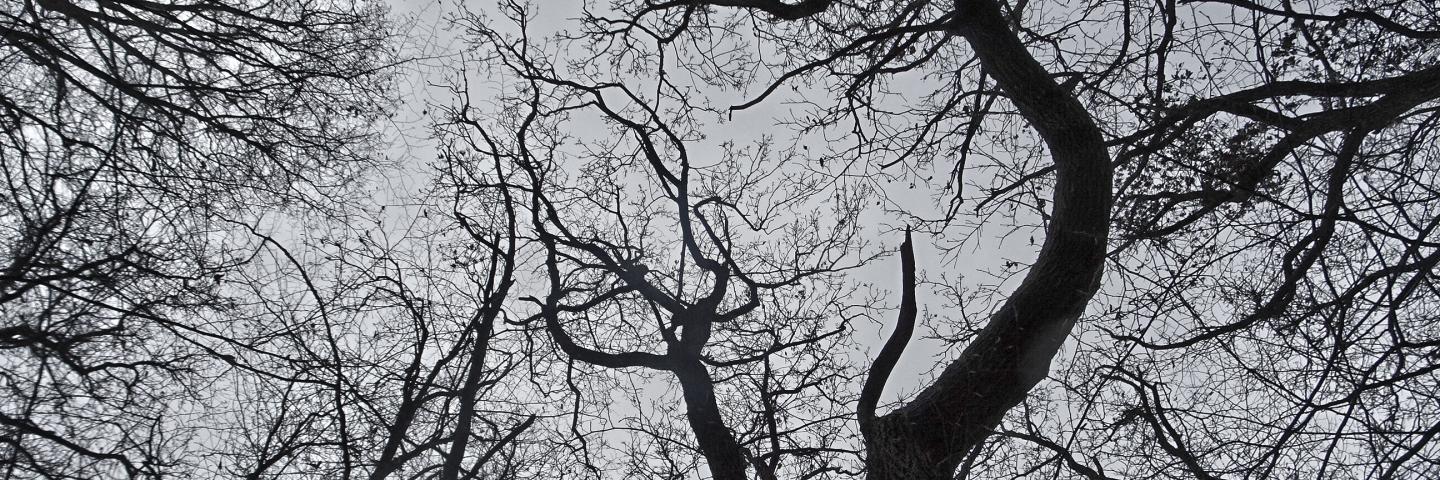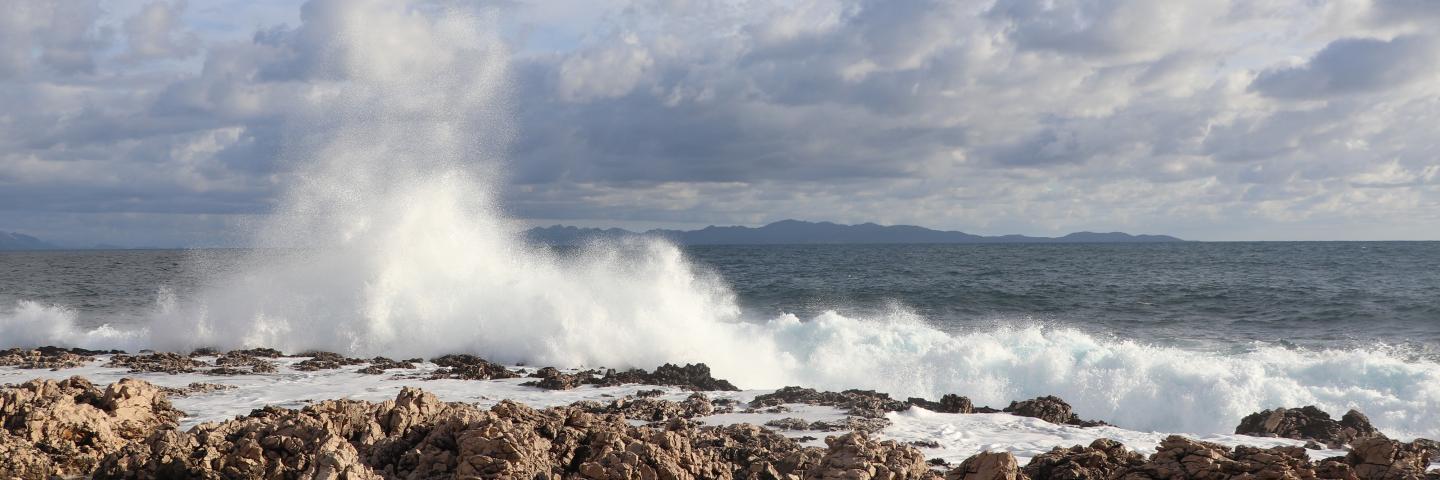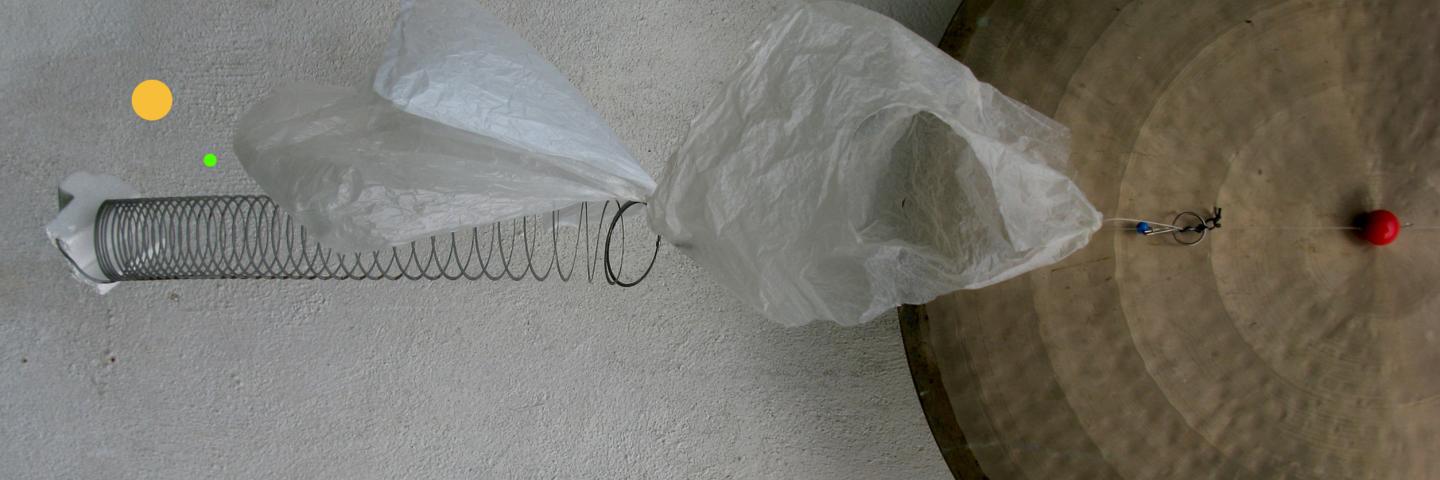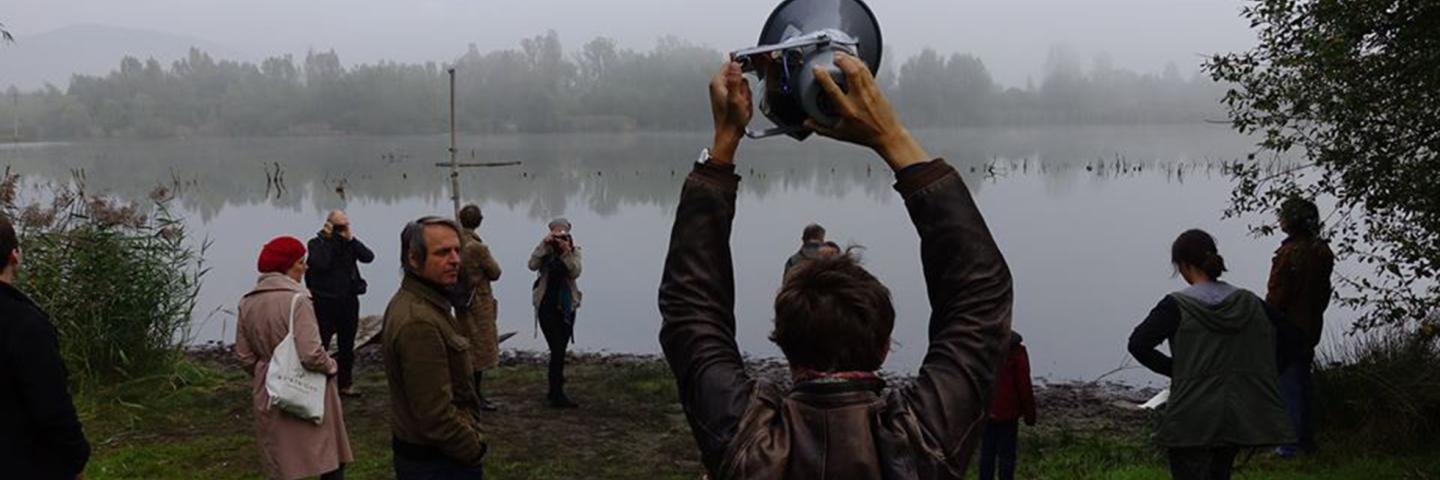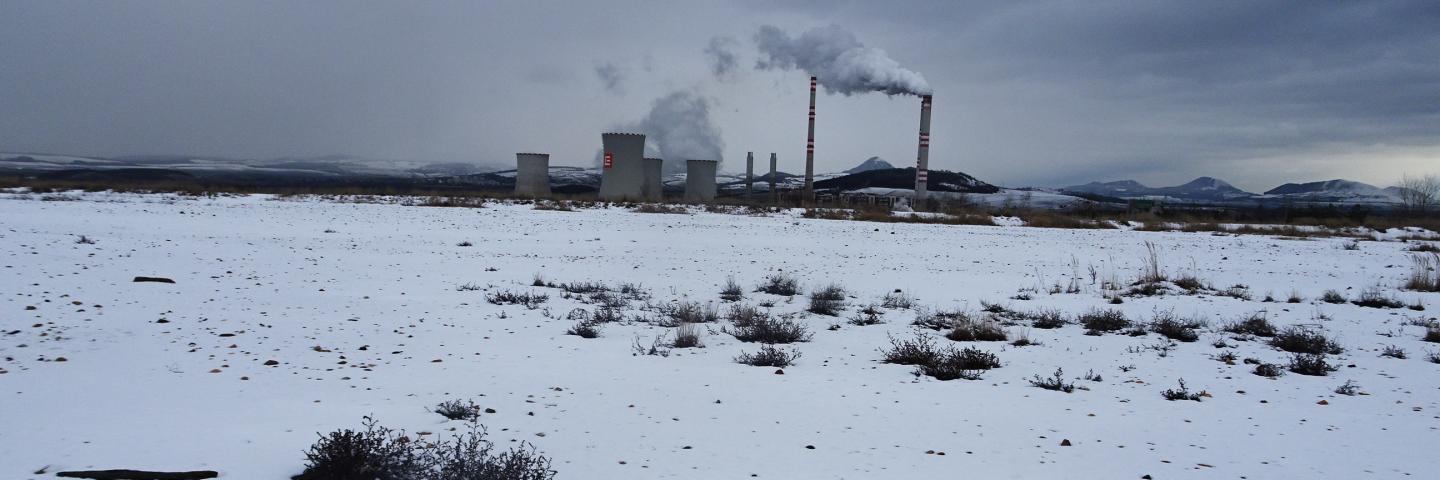TO)pot - Festival of Radical Soundwalks - Ljubljana
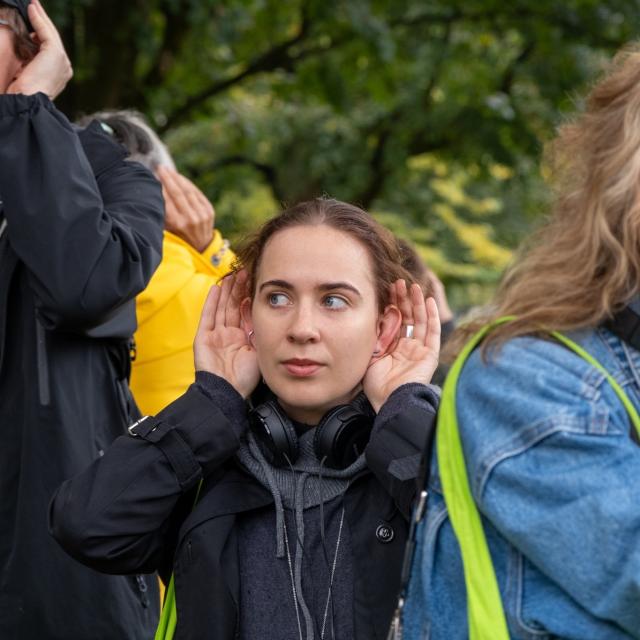
TO)pot, a festival of soundwalks, concerts, and reflections, brings together artists, theorists, and curious walkers to connect with spaces and more-than-human entities, transforming walking and listening into a spatial realisation of location. As a practice of grounding and attuning to the environment, walking becomes a radical attempt to decelerate the everyday pace of life.
KRAmp: Voda-La-Vida! - gathering
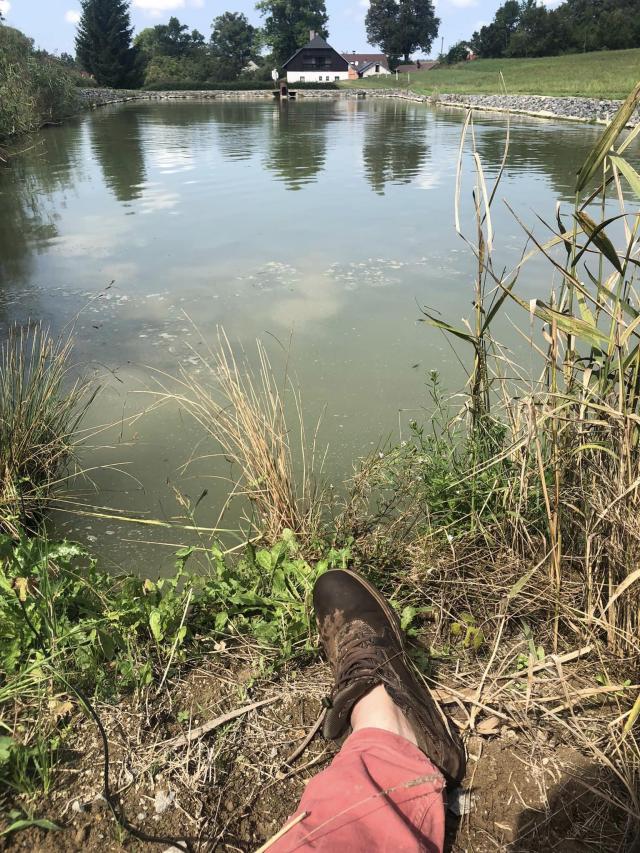
An international meeting KRAmp: Voda-La-Vida! about biodiversity through field recordings, both underwater and above. We invite you to participate in a program starting from exchanges and sharing of knowledge, techniques and equipment, to discuss advances in applied bioacoustics.
SPATIAL Sommer Lab Staňkovice
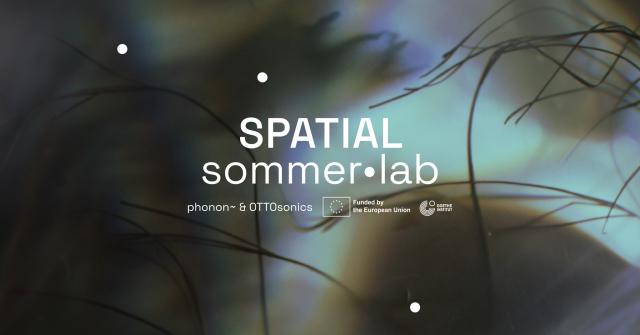
We invite you to the second edition of the Summer Laboratory of Spatial Sound in North Bohemia!
SPATIAL sommer lab take place from 5 to 29 July 2024 at the National House in Ústí nad Labem and at the cultural and residential centre
Löblhof & Artgrund in Staňkovice.
Thanks to collaboration with OTTOsonics, Tangible Music Lab, ZiMMT, IEM Graz, spæs - Lab Berlin, FUD a FF UJEP, SVITAVA - transmedia art lab,
REVEIL 11 - 2024
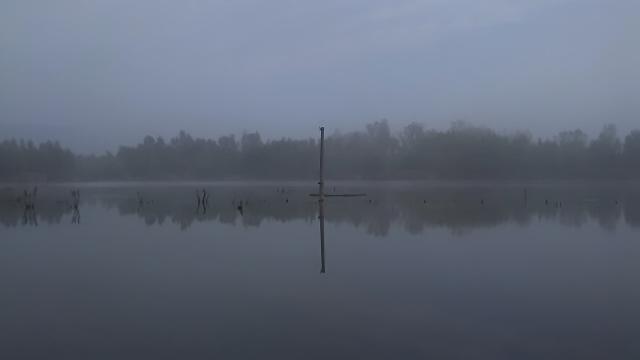
BROADCAST starts: SATURDAY 4 MAY at 06:00 (your location UTC+2)
Open Call for Visegrad Fund Visual and Sound Artists Residencies
Artists, and everyone to whom it may concern:
As you might have seen already, the Visegrad Fund call for Visual and Sound Artists Residencies are open. The Deadline to apply is 15 October 2023. You have to apply personally as an artist for this, and come from PL, SK, HU.
Beyond Listening: Agency, Art and the Environment
International Symposium on Sonic Ecologies
21 to 25 November, 2023
Moholy-Nagy University of Art and Design Budapest (MOME)
The aim of the conference is to provide a transdisciplinary forum for the achievements in recent years and to foster further exchanges, communication and networking during the years to come. We would like to pay special attention to the region of Central Europe, but the geopolitical range of its subjects remains open to the broader world.
Twillight/Dawn: REVEIL 9 — open call for streams
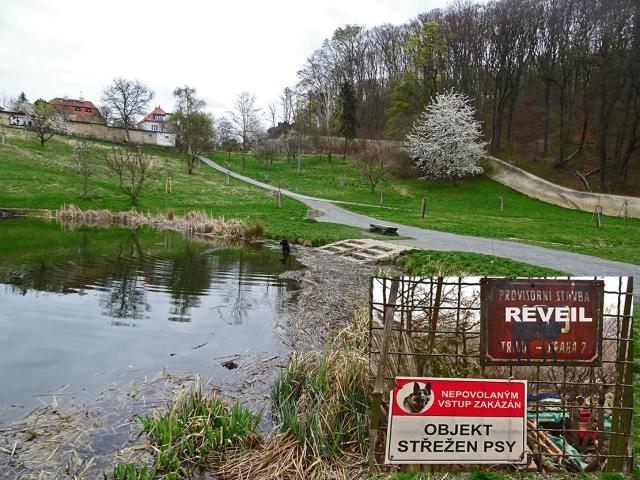
Cense Network invites you to take part this year again in the collaborative planetary streaming and listening project REVEIL 9.
Soundcamp 2022 is a festival of the project Acoustic Commons and Full Of Noises + Locus Sonus + CONA + HMU + Cyberforest network From Saturday, 30 April 05:00 UTC+1 until Sunday, 1 May 06:00 UTC+1
Main physical space is at Stave Hill Ecological Park in London
Check the list of soundcamps around the globe
CENSE Collective on Radio Punctum: Elements, episode 1
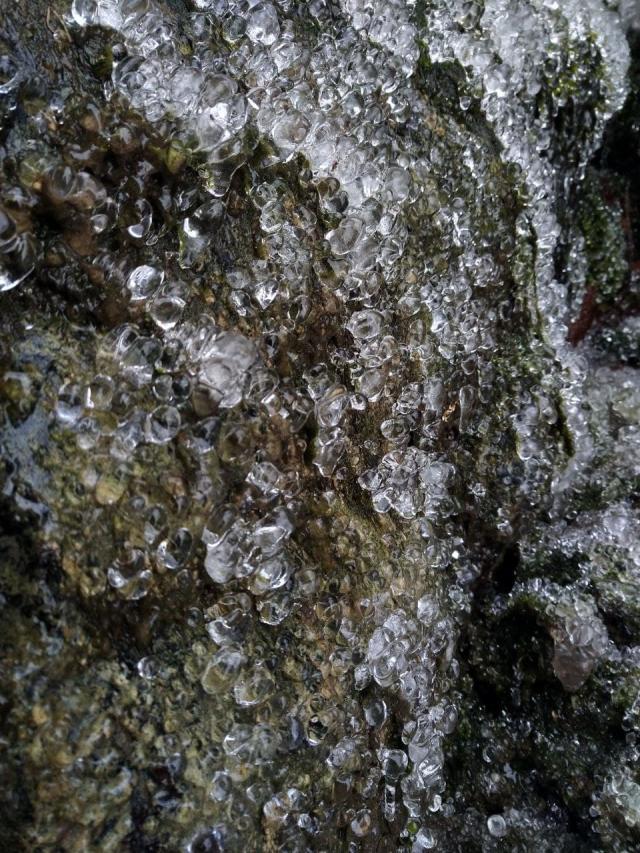
This is a reminder of an upcoming broadcasting of the 2nd episode from Elements series, that Polina Katchenka is preparing together with Petra Kapš. We will also have a custom generative graphics for each episode from our Teplice-based colleague and a graphic designer Petr Hanžl.
Thanks to everyone who decided to contribute their recordings!!
we've received great content from all of you! It's an horror to work with you all.
Tune in on https://radiopunctum.cz/ at 20h CET.
or
listen to the podcast here:
CENSE Day — Acoustic Ecology Week Linz
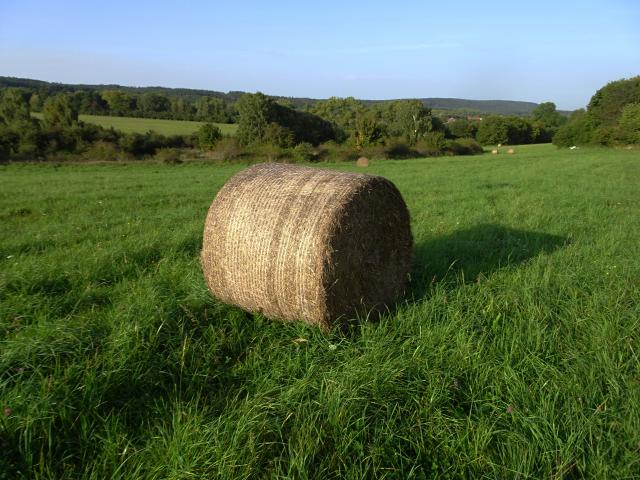
CENSE Day 2 December 2021
The event is cancelled or postponed due to circumstances
We would like to invite all the CENSE members, or others to meet there and discuss the further projects in future.
If you'd like to join the meeting, register through this form until October 15, 2021.
Online Meeting – Preparation for CENSE Day during Acoustic Ecology Week Linz
Anyone who is interested in participating in the event (actively or passively), or just would like to get to know more information is welcome to join.
CENSE meeting – Monday, October 4, 2021 @ 8pm (Prague time)
us02web.zoom.us/j/84766009077
meeting ID: 847 6600 9077
You can read all the notes in here: pad.monoskop.org/p/dayofcenselinz.
More info: cense.earth/acoustic-ecology-week-linz.
A Meeting about the CENSE DAY at the Linz Conference
Discussing the program for the Linz conference.
Everybody is welcomed to join the zoom gathering
at 9 am Tuesday 28, September
link will be announced here
milos vojtech is inviting you to a scheduled Zoom meeting.
Topic: linz Time: Sep 28, 2021 09:00 PM Prague Bratislava
Join Zoom Meeting https://us04web.zoom.us/j/74090702466?pwd=L0ZQSG1waFFVUm5MYUdta0NTTXVsQT09
Meeting ID: 740 9070 2466 Passcode: z6zTYM
Framework radio #769: 2021.09.19 [CENSE]
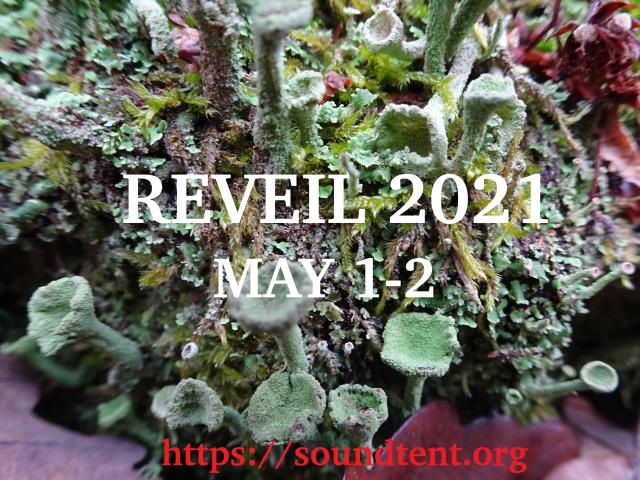
This mix was premiered by Radio resonance FM on 19.9. 2021
The recordings from this mix were made by CENSE members during the annual Reveil radio event, a 24-hour continuous live broadcasting which took place on May 3, 2021.
You will hear dawn choruses from Romania, Croatia, Hungary, Slovakia, Czech Republic, Austria, Germany, Ireland, Slovenia and Estonia. It was raining a lot this morning.
00.00 / framework:afield intro
B PETRIFIED, Tidal Love — OR poiesis at Sound Gallery Igloo, Jihlava

Sound Gallery IGLOO
Komenský Street No. 10
Jihlava
Curated by: Miloš Vojtěchovský
The prophecy for the future is hidden in the substance - we need to listen, dwell deep inside in order to understand, to predict. Seemingly deaf darkness of the substance is potent with knowing.
Regular Meeting of the Board
There are the key points we'd like to discuss this time:
- i-portunus grant – possibility to fund residencies
- Punctum radio & Radio Earth – CENSE participation
- CENSE Almanach – preparation process
- Theme Week Acoustic Ecology in Linz – November 29 – December 5, 2021
CENSE Questionnaire — Open Call
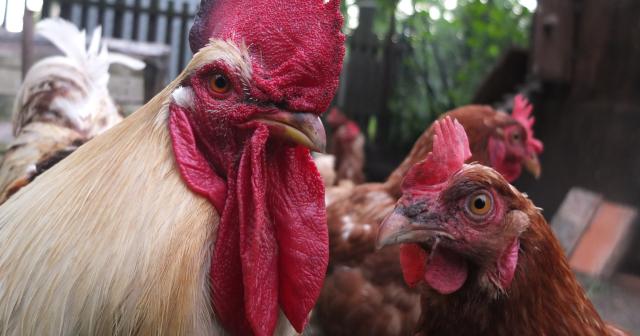
We would like to ask you to fill out this
QUESTIONNAIRE.
Your answers will be included in the planned online PDF publication of the CENSE Almanac, scheduled for November, 2021.
What is your personal attitude or interest in the idea and concept of Acoustic (or Sonic) Ecologies?
Kőszeg soundscape workshop — Moholy-Nagy University of Arts and Design, Budapest
Moholy-Nagy University of Arts and Design Budapest and the Institute of Advanced Studies Kőszeg announce a summer workshop on the topic of ecological sound art, between 23rd and 28th August 2021. The aim of the workshop is to create and present soundscape etudes / compositions in the framework of the Sounding City Days 2021 Kőszeg.
World Listening Day: Tu Fokan Music Summer School
Tu Fokan Music Summer School is this year from 14th till 23rd July in Pilisszentlászló village, Hungary. On the World Listening Day, (Sunday the 18th), we will focus on it with a small presentation for the 20 Hungarian and Czech young people, as part of the joint CENSE actions. The event will include a review of the existence of sonic ecology, the activities and merits of Murray Schafer, and the phenomena of geophonics, which gives the essentials of this year "Unquiet Earth" topic.
World Listening Day Livestream from the Southern Apennines in Italy
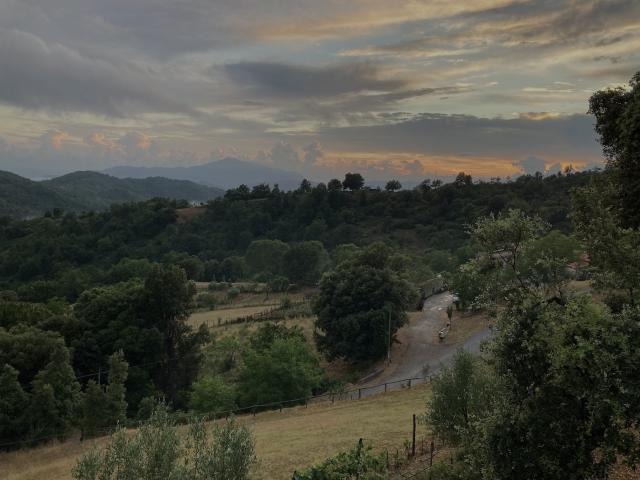
On World Listening Day we will broadcast short radio stream from South Italy, Southern Apennines, from the rooftop of a small house on the top of the hill near Tortorella village.
You are welcome to join listening session and on the program are regular sound events of a very silent valley with only two functional traditional farms, you will hear the sounds of the protected area of plants, birds, owls, wolves and other forest inhabitants. Let's protect the silence, sounds and traditional ways and balanced attitude to life of such places.
2021 Sanatorium of Sound in Sokolowsko, Poland
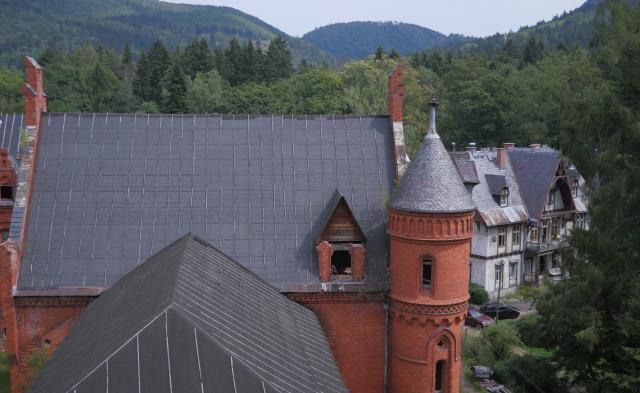
Sunday August 15th at 3 pm is scheduled the presentation of Peter Cusack and Miloš Vojtěchovský in the park
World Listening Day Events - SOA by Raquel Castro
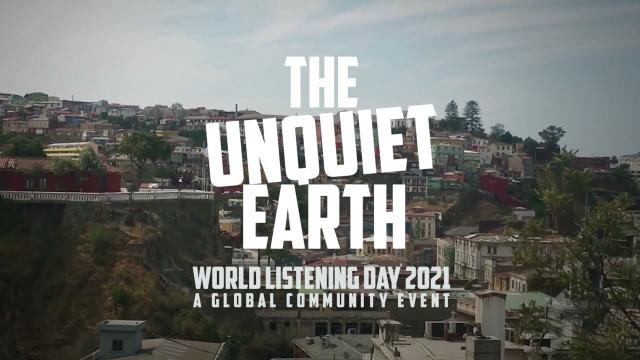
Screening
at Display Gallery, Prague at 6PM
in the framework of the CENSUS exhibition
and
GAMPA Gallery Pardubice SOA – film screening & sound walk at 7pm
(in collaboration with CENSE – Central European Network for Sonic Ecologies.) after the screening there is a soundwalk in the city of Pardubice
and
Reveil 24+1 Hour Broadcast 2021
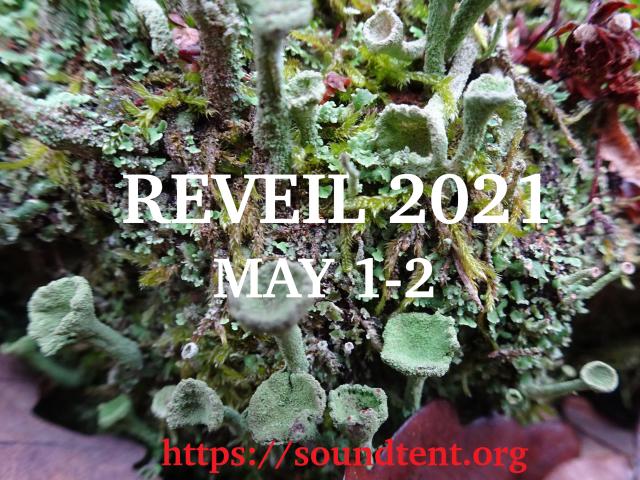

Reveil is a collective production by streamers at listening points around the planet. Starting on the morning of Saturday 1 May in South London near the Greenwich Meridian, the broadcast will pick up feeds one by one, tracking the sunrise west from microphone to microphone, following the wave of intensified sound that loops the earth every 24 hours at first light.
In 2021 Reveil features new out-side streams to be announced.
First Annual General Constituent Assembly Meeting

Participants in attendance:
Csaba Hajnóczy, Milos Vojtechovsky, Michal Kindernay, Sarka Zahálková, Polina Katshenko, Anna Kvíčalová, Petra Kapš, Anamaria Pravicencu, Jan Krtička, Lloyd Dunn, Jonáš Gruska, Brane Zorman, Jan Kromholtz, Boris Klapal, Slawek Wieczorek, Lucie Páchová, Sara Pinheiro (17 members)
Rerouting the Trails for Soundwalking. The Art of Walking and Listening in the Context of Environmental Humanities
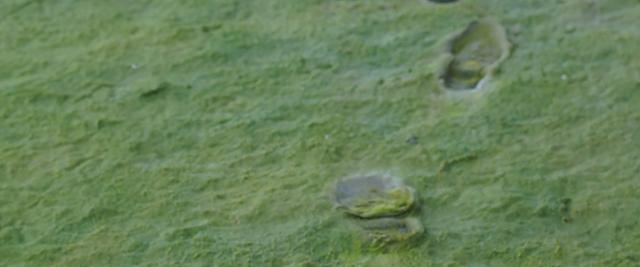
Jacek Smolicki
Spring Seminars 2021
Soundwalking has traditionally been problematized and exercised as an aesthetic practice that advocates deep aural attention to the here and now. A number of scholars and researchers have dealt with meditative aspects of walking and listening alongside their pragmatic application to the study of noise pollution in urban environments. In this talk, I intend to reroute the dominant paths for theorizing and practicing soundwalking by turning to perspectives from environmental humanities.
Ear Trumpets’ Afterlives in the Era of Electricity and Electronics

Magdalena Zdrodowska
Spring Seminar 2021
Throughout the 19th century ear trumpets became the most popular and in fact the only technical solution for deaf people. They merged with the behavior regarded as typical for the deaf such as misinterpretations and communicational loss, therefore ear trumpets turned into a social stigma. They became objects that were bashfully hidden by users. In the 20th century however ear trumpets’ image as well as functions changed as they were substituted with modern, electric and later electronic hearing prostheses. These acoustic hearing aids became antiquated but they did not vanish – they have relocated within the technological and cultural domains.
Artistic Research of Aspects and Potentialities of Spatial Audio Systems Application in Context of Gallery Installation and Audio Performance

Polina Khatsenka
Spring Seminars 2021
The talk introduces the author’s studies of spatial audio phenomenon in a wide range,from spatial aspects of aural perception as a basic need for locating oneself in space, to nowadays application of immersive audio formats such as Ambisonics. The presentation will contain a brief look through the development of spatial audio formats and its artistic and industrial application, followed by the short presentation of the author’s artistic projects, ranging from audio installations in a gallery to audio performance in spatial sound systems.
